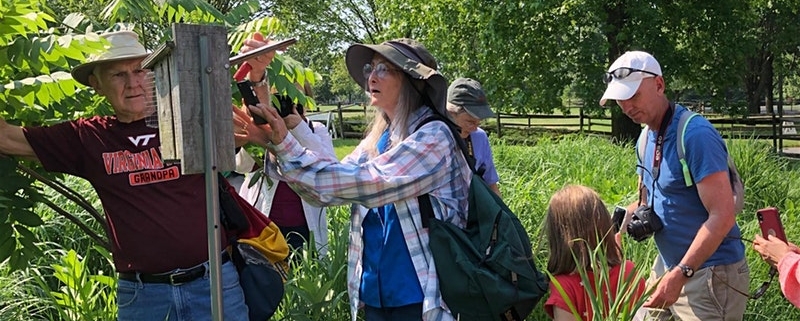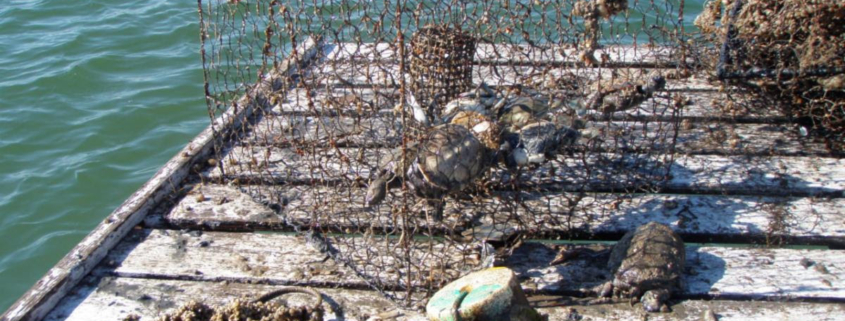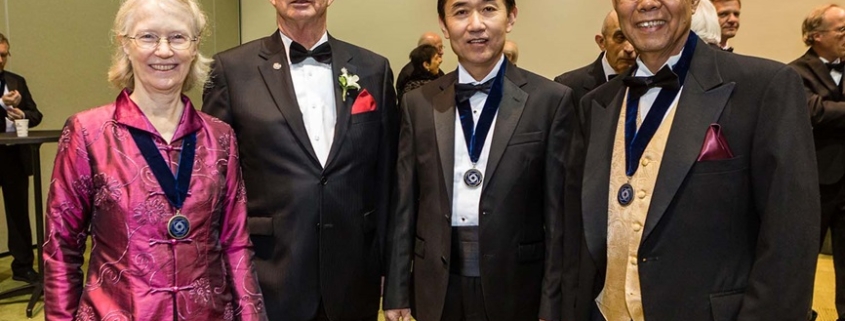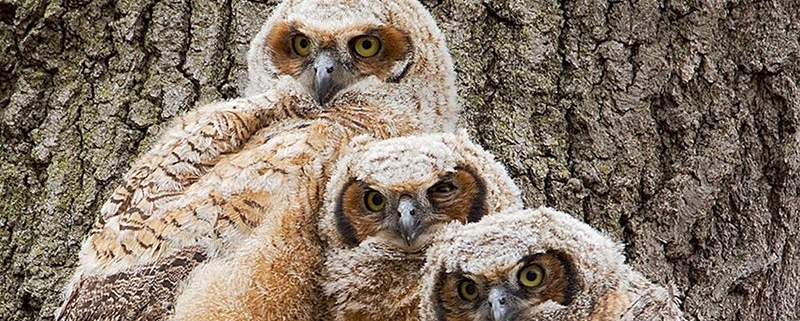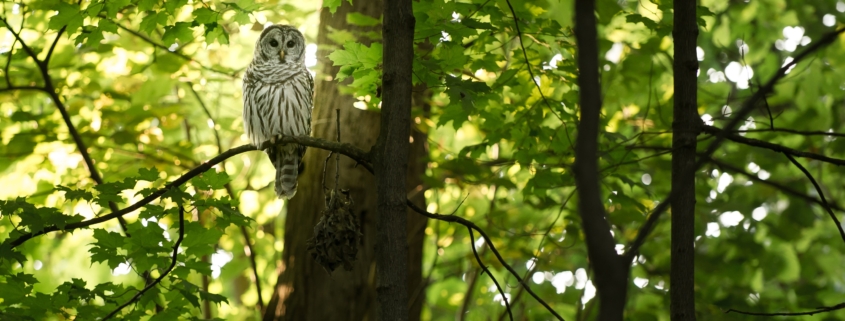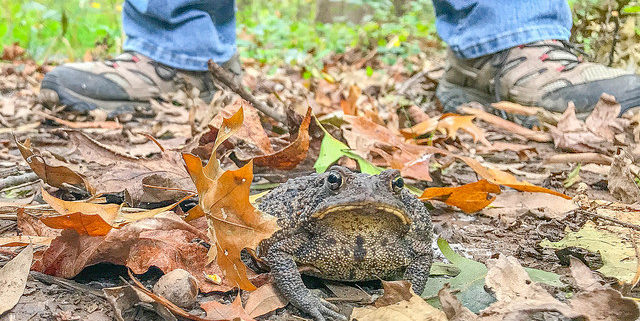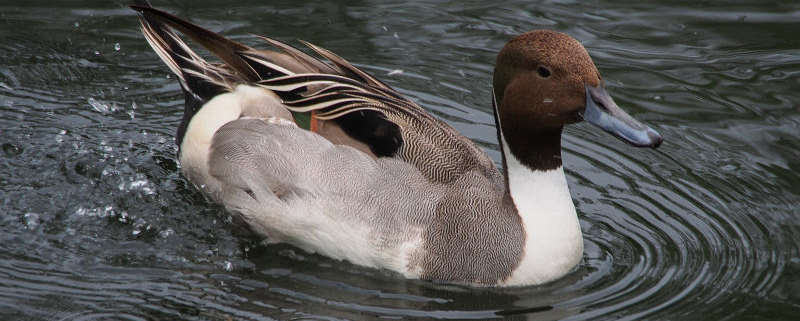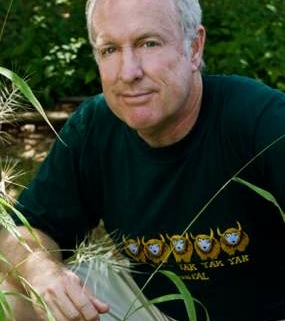National Wildlife Federation
11100 Wildlife Center Drive, Reston, VA 20190
Tuesdays, 24 March – 5 May 2020
7 – 9 pm
Cost: $250 ASNV members, $275 non-members
Join Dr. Chris Haney for a new class, “Ornithology Topics: Avian Biology, Spring Session.” There is no prerequisite for this course and it does not repeat the Audubon Society of Northern Virginia’s fall session of Ornithology but offers all new material.
This course is designed and presented at an introductory, university level in 6 parts, with each classroom session 2 hours long. Ornithology Topics: Avian Biology will feature major underpinnings to ornithology within the fundamental context of U.S. national history. Topics covered in Part 2 of this class will encompass: bird song; avian diet and foraging; mate selection and social behaviors of birds; breeding biology (incubation, chick-rearing, post-natal care); bird populations; and avian conservation and sustainable management. Instructional presentations will include PowerPoint slides, auditory or video supplements, and some in-class participatory exercises. Each night’s classroom lecture will be made available to all participants in PDF format by the following day.
Required textbook: Manual of Ornithology: Avian Structure and Function, 1993, Procter and Lynch, ISBN-10: 0300076193
Optional textbook: Handbook of Bird Biology (Cornell Lab of Ornithology), 3rd edition, 2016, Lovette and Fitzpatrick, ISBN-10: 1118291050
Recommended supplement: The National Geographic Society’s Field Guide to the Birds of America, The Sibley Guide to Birds, or a similar guide for field identification
Register here.



